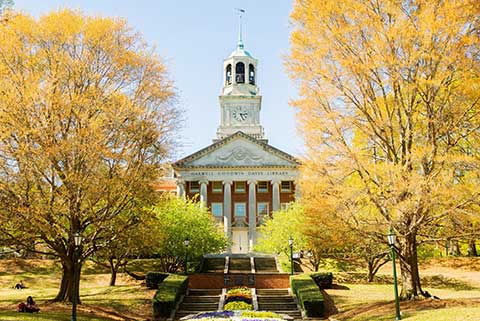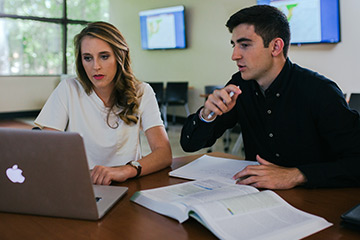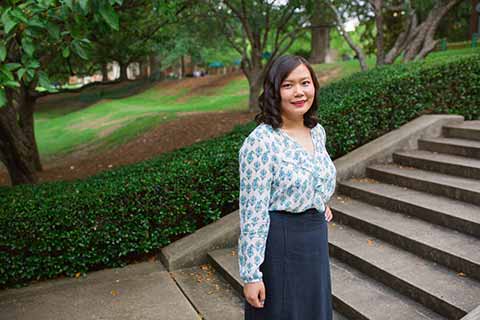Bachelor’s in History | Samford University
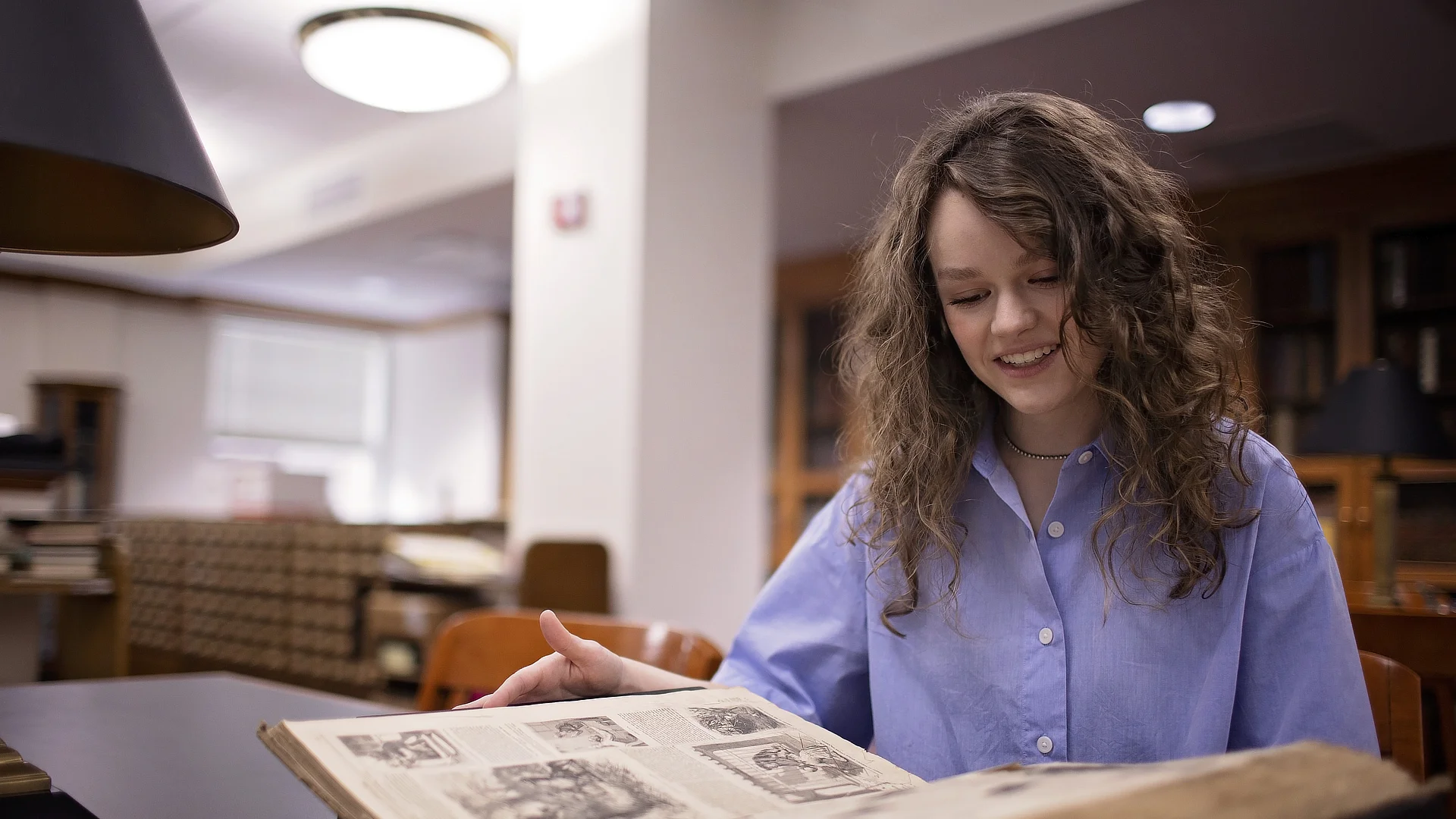
Is This Program for Me?
If you are intellectually curious and thrive in a hands-on, problem-solving environment where you become a detective in pursuit of sources and answers, then our history major is for you.
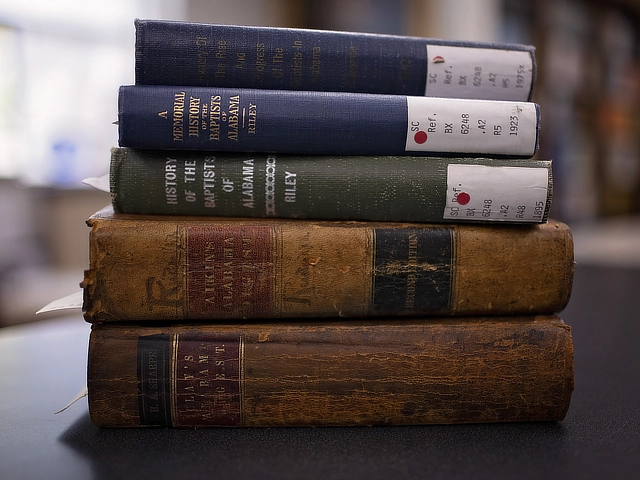
What Will I Learn?

"The Department of History has prepared me for the workforce by helping me get meaningful internship experiences. They consistently inform us about internship opportunities, and my advisor makes me feel like he is genuinely interested in seeing me succeed. From freshman to junior year, my continued exposure to formal writing and research has drastically improved my writing capabilities." —Mikiah Dumas, History Major
What Makes Us Different?
Experiential Learning
Engaged in an interactive learning experience, our students are constantly working through and discussing problems, concepts and ideas. History students embrace “learning by doing” through researching and analyzing sources. They are both challenged and empowered to engage the past and to draw their own conclusions in pursuit of answers to today’s challenges. Our history majors can also travel the world through one of our international study programs and witness history come alive through firsthand experiences.
One-on-One Mentoring
Our small class sizes make it possible for students to be mentored by our faculty on a personal and professional level. We provide personalized advising to explore careers and the paths to get there. Faculty also oversee student internships.
Empowering Community
We have nationally recognized teachers and scholars who have spent years honing their craft to help students learn. Our faculty members take their role as advisors and mentors seriously as they work closely with students to achieve their personal, academic and career goals.
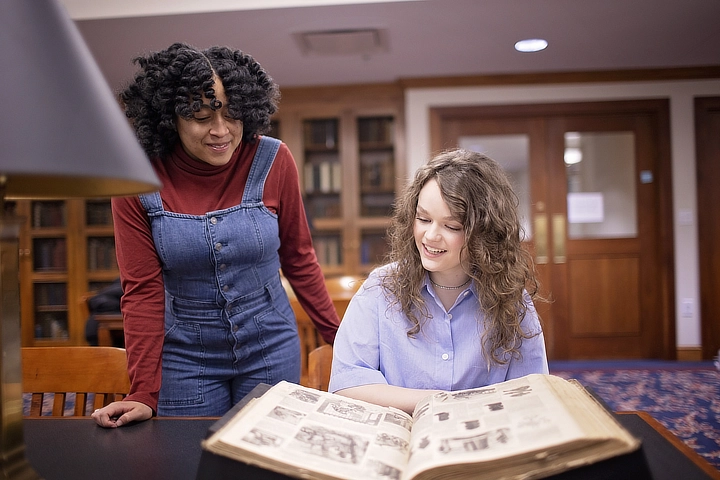
Career Preparation
With Samford ranked #10 in the nation for career preparation by the Wall Street Journal, you will be well-equipped for a wide range of careers as employers increasingly seek out history majors for their creative thinking, clear writing and critical insight. By studying the past, you learn to think with rigor, write with clarity and precision, organize and assess evidence, analyze problems and interpret complex events. You will also study with professors distinguished for their scholarly research and classroom teaching.
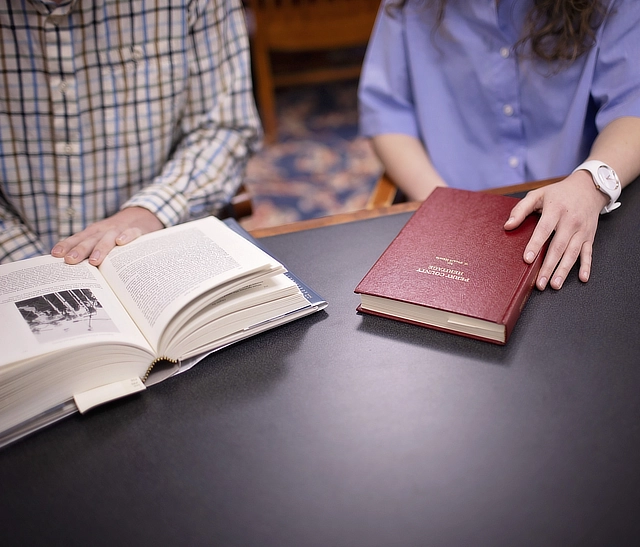
Career Opportunities
- Lawyer
- Entrepreneur
- Journalist
- Minister
- Doctor
- Teacher
- Missionary
- Archivist
- Librarian
- Judge
- Internet technology director
- Corporate trainer
- Historian
- Museum curator
- Public relations/marketing executive
Internships
- Sloss Furnaces, Birmingham, Alabama
- Laura Ingalls Wilder Homestead, South Dakota
- Benjamin Franklin House, London, UK
- Imperial War Museum, London, UK
- Many local law offices
Application Information
Freshman applications for next fall are open.Freshman Early Action applications close November 1st.The freshman first scholarship deadline is December 1st.Transfer applications for the spring semester close Dec. 15.Freshman FAFSA priority and scholarship deadlines are Feb. 15.Decision day is coming! Freshman applications for fall enrollment close May 1st.Transfer applications for fall enrollment close July 1st.Freshman applications for fall enrollment are closed. Applications for next year open August 1st.Transfer applications for fall enrollment are closed. Applications for next year open September 1st.
Cookie Preferences | Privacy Policy | Software Plugins
Microsoft Excel®
Microsoft Power Point®
Microsoft Word®
Adobe Portable Document Format


